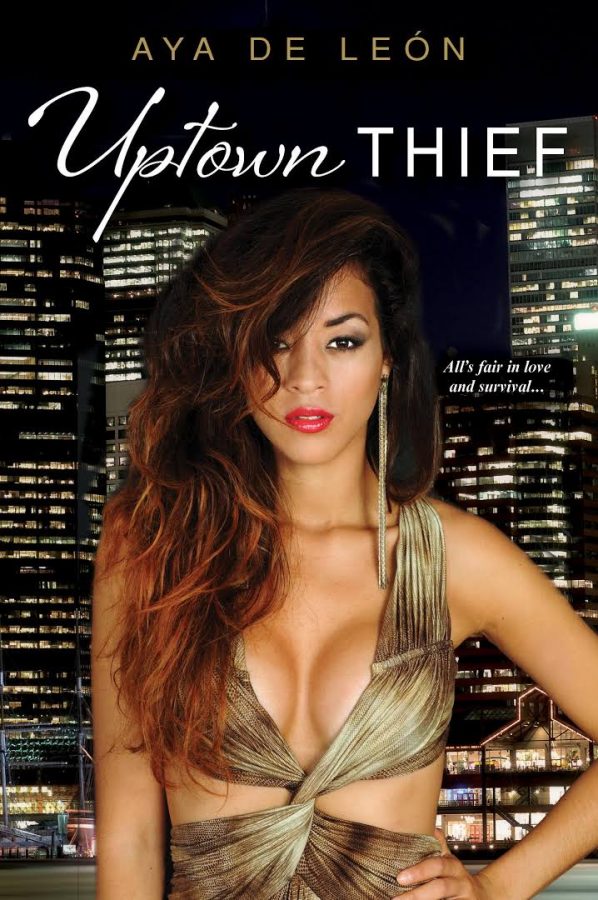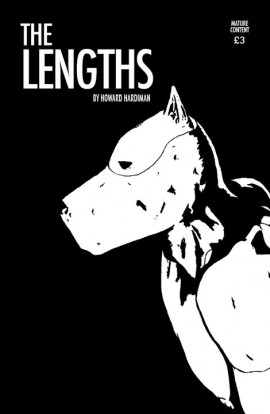Bob Kolker on Lost Girls (2013)
 The search for the supposed Long Island Serial Killer began in December 2010, when the bodies of four women who had worked as prostitutes were found in the course of the search for a fifth who had disappeared that May. No suspect has been found to date. I spoke with New York contributing editor Robert Kolker via chat to talk about his first book, Lost Girls, which is a study of the five women who disappeared there and their surviving friends and family. Chat edited from its raw form.
The search for the supposed Long Island Serial Killer began in December 2010, when the bodies of four women who had worked as prostitutes were found in the course of the search for a fifth who had disappeared that May. No suspect has been found to date. I spoke with New York contributing editor Robert Kolker via chat to talk about his first book, Lost Girls, which is a study of the five women who disappeared there and their surviving friends and family. Chat edited from its raw form.
Bubbles: Did your personal attitude about prostitution/prostitutes change a lot over the course of reporting this book?
Kolker: When I first reported on the serial-killer case, I was coming into the subject with no real knowledge of sex workers or sex work. In hindsight, I had a lot of preconceived notions. My first impulse, as a reporter, was to join the crowd and try to report on the whodunit aspect of the case. I didn’t occur to me to learn much about the victims at first because I assumed, naively, that they had no stories at all—that they were “dead” long before they were really killed. (I actually thought of Season 2 of The Wire, in which the bodies of trafficked girls are found in a shipping container. I thought these women were like that—people who were social outcasts who might never be identified.)
Then I quickly learned they all had families, of course, and loved ones and friends. And as I got to know the families I realized that sex work, in part because of the Internet, attracts a very different sort of person from the stereotype. I wanted Lost Girls to be about that change—about the lives of these women—as much as I wanted it to be about the case itself.
About that change in their lives?
About the change in the world of escorts. How the shift from outdoor to indoor sex work has allowed a wider variety of people to find the work appealing.
The ease of entry.
Yes.
Now, I’ve talked with plenty of escorts who say that the Internet has actually made their work safer—that they can do background checks on clients and so forth—and so I didn’t want this book to beat up on the Internet itself. But I do think the field has changed and the professional challenges have changed, even as the risks remain in place.
 Slam poet and African American studies professor Aya de León’s new novel,
Slam poet and African American studies professor Aya de León’s new novel, 

